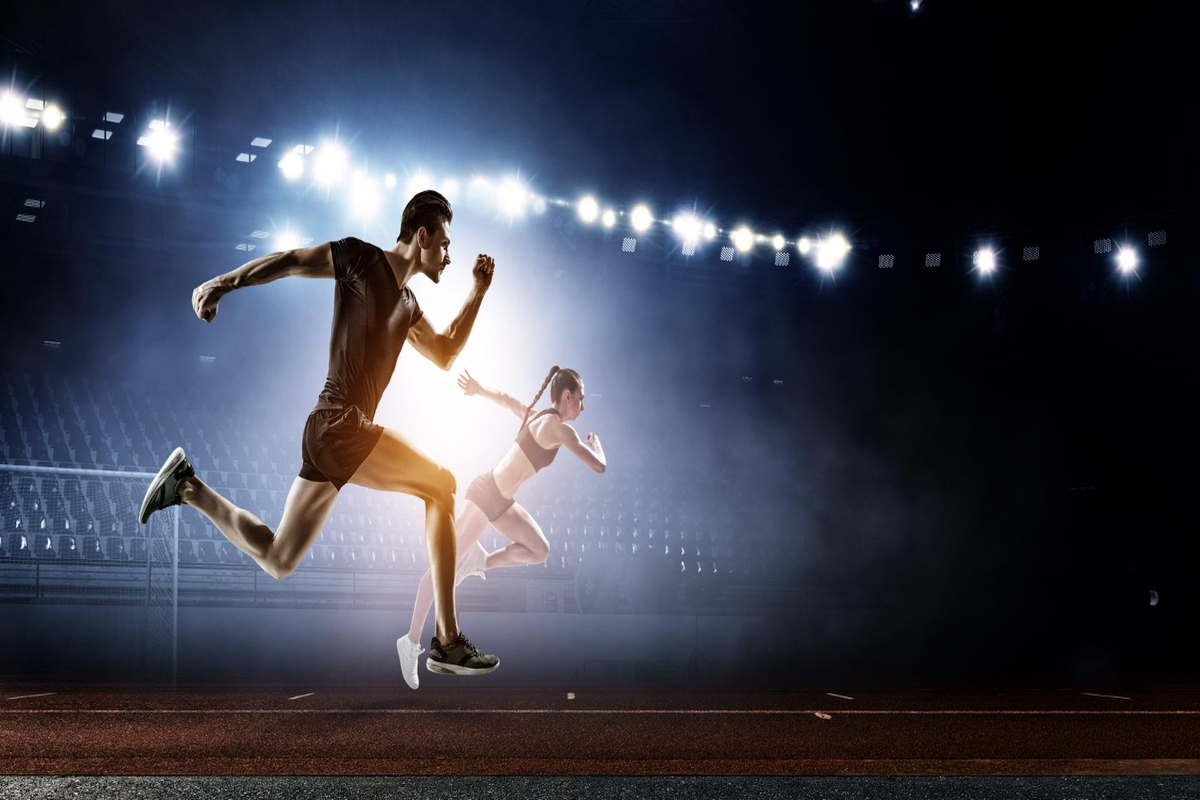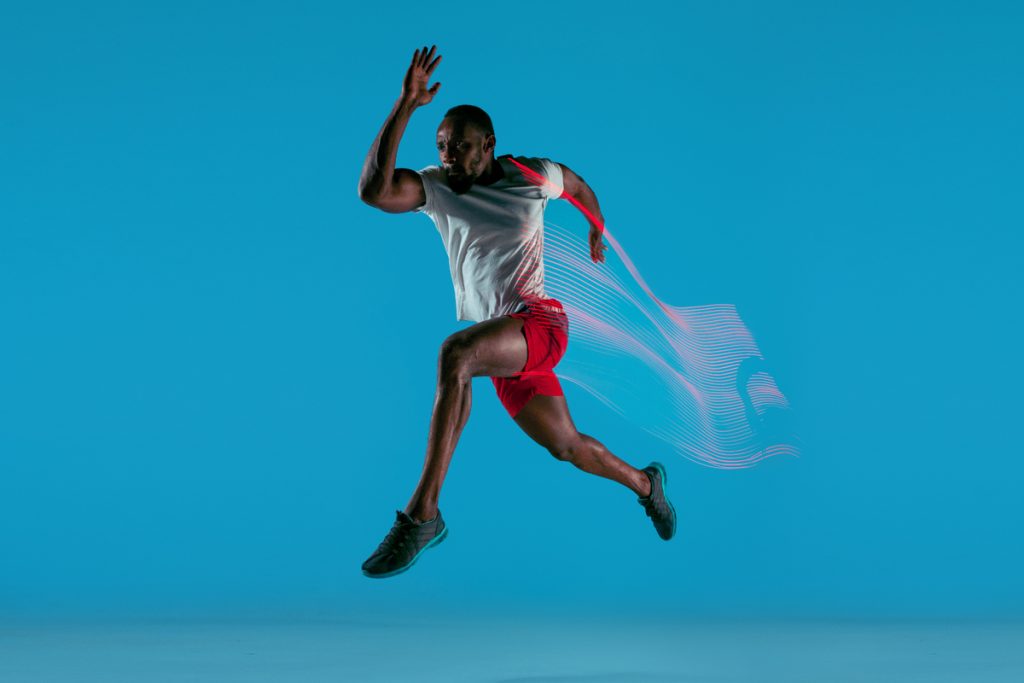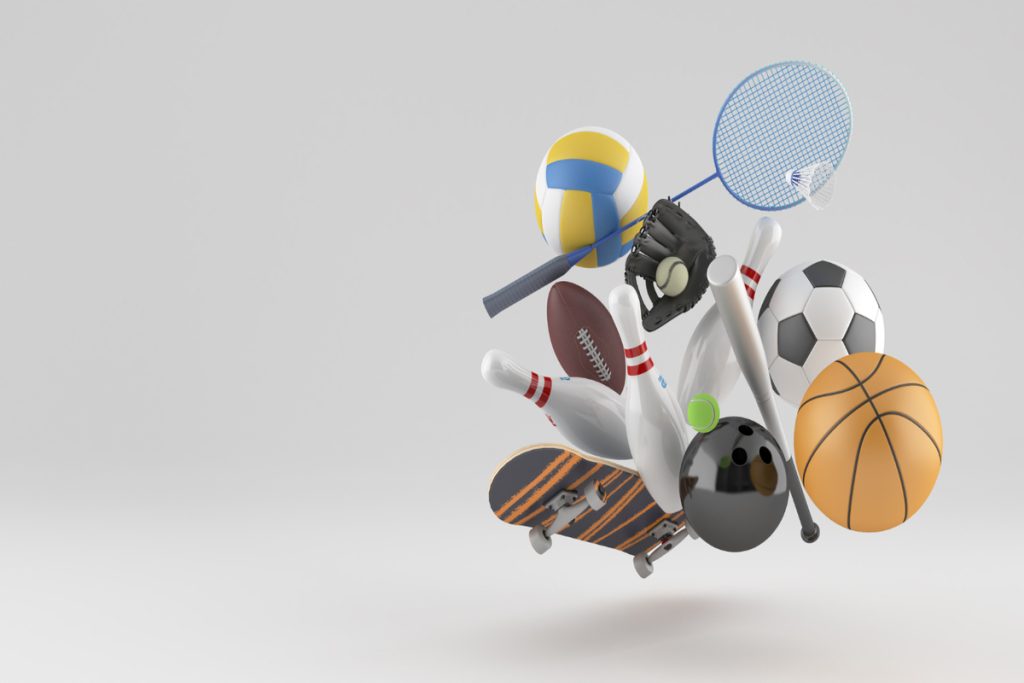Enhancing Athlete Performance Through AI-Driven Analytics
Artificial intelligence is transforming the world of sports training by providing detailed insights into athlete performance. Advanced AI algorithms can analyze vast amounts of data collected from wearable devices, video footage, and historical performance records. This data is used to identify strengths, weaknesses, and areas for improvement. For instance, athletes can now receive personalized training plans based on their unique metrics, such as running speed, heart rate, and recovery time. AI doesn’t just stop at analysis; it also predicts potential injuries, allowing athletes to avoid overtraining and optimize their routines. These advancements are making sports training more precise and effective, elevating athletic performance to new heights.
AI-Powered Wearables: A New Standard in Training
Wearable technology equipped with AI is redefining how athletes train across various sports. Smart devices such as fitness trackers, smartwatches, and biometric sensors now go beyond tracking steps or calories. These tools collect real-time data on muscle activity, hydration levels, and fatigue. AI algorithms process this data to provide instant feedback, helping athletes make adjustments mid-session. Coaches can also monitor this information remotely, ensuring that training sessions are tailored to individual needs. By integrating wearable technology into training programs, AI is enabling a more dynamic and responsive approach to sports, ensuring athletes achieve their peak potential while minimizing risks.

Virtual Coaches: The Future of Personalized Training
Virtual coaching powered by AI is revolutionizing sports training by making expert guidance accessible to everyone. AI-based coaching apps use motion capture technology and advanced analytics to provide real-time feedback on technique and form. Whether it’s perfecting a golf swing or improving running posture, these virtual coaches are highly effective in refining skills. They adapt to an athlete’s progress, offering step-by-step improvements and customized drills. By simulating the role of a human coach, AI ensures that even amateur athletes have access to professional-level training. This democratization of expertise is transforming sports by removing barriers and fostering talent development on a global scale.
Game Strategy Optimization Through AI
AI is not just improving individual performance but also reshaping how teams approach strategy in sports. Advanced AI systems analyze opponent data, gameplay footage, and historical match statistics to uncover patterns and weaknesses. Coaches use this information to devise strategies that maximize their team’s chances of success. For example, in basketball, AI can identify defensive gaps in the opposing team or predict player movements based on historical tendencies. This strategic insight gives teams a competitive edge, ensuring they are well-prepared for every scenario. The integration of AI into strategic planning is revolutionizing sports, making the game more analytical and tactical than ever before.
Preventing Injuries with Predictive Analytics
Injury prevention has always been a top priority in sports, and AI is now playing a crucial role in this area. Predictive analytics powered by AI can assess an athlete’s risk of injury based on their biomechanics, workload, and recovery patterns. By identifying early signs of strain or overuse, trainers can modify workouts to prevent serious injuries. AI also tracks recovery progress, ensuring athletes return to training at the right pace. This proactive approach is reducing downtime and extending athletic careers. With AI, the emphasis in sports is shifting from reactive treatment to proactive prevention, creating a safer and more sustainable training environment.
AI Simulations for Skill Development
AI-driven simulations are becoming an integral part of skill development in modern sports. These tools create virtual environments where athletes can practice and refine their skills in a controlled setting. For example, virtual reality (VR) headsets powered by AI allow players to simulate game scenarios, such as penalty kicks in soccer or batting in cricket. These simulations are highly realistic, providing immediate feedback on performance and decision-making. By replicating real-game pressures, AI simulations enhance cognitive and physical readiness. This innovative approach to training is revolutionizing sports, offering athletes a cutting-edge way to prepare for high-stakes competition.
Revolutionizing Youth Training Programs
AI is making a significant impact on youth training programs, fostering the next generation of sports talent. AI tools assess young athletes’ abilities and potential, providing coaches with insights into areas that require development. These systems create age-appropriate training modules that focus on building foundational skills while minimizing the risk of burnout. Additionally, AI-based platforms connect young athletes with opportunities such as scholarships and competitive events, ensuring they have the resources to progress in their chosen sport. By bringing advanced training techniques to grassroots levels, AI is democratizing sports training and paving the way for a future of well-rounded and skilled athletes.

Conclusion
The integration of AI into sports training is reshaping the way athletes and teams prepare for competition. From enhancing performance analytics and strategy to injury prevention and skill development, AI is revolutionizing every aspect of the training process. These innovations are not only elevating athletic performance but also making sports more accessible and inclusive. As technology continues to advance, the role of AI in sports will only grow, ensuring that the future of athletics is smarter, safer, and more dynamic than ever before.



